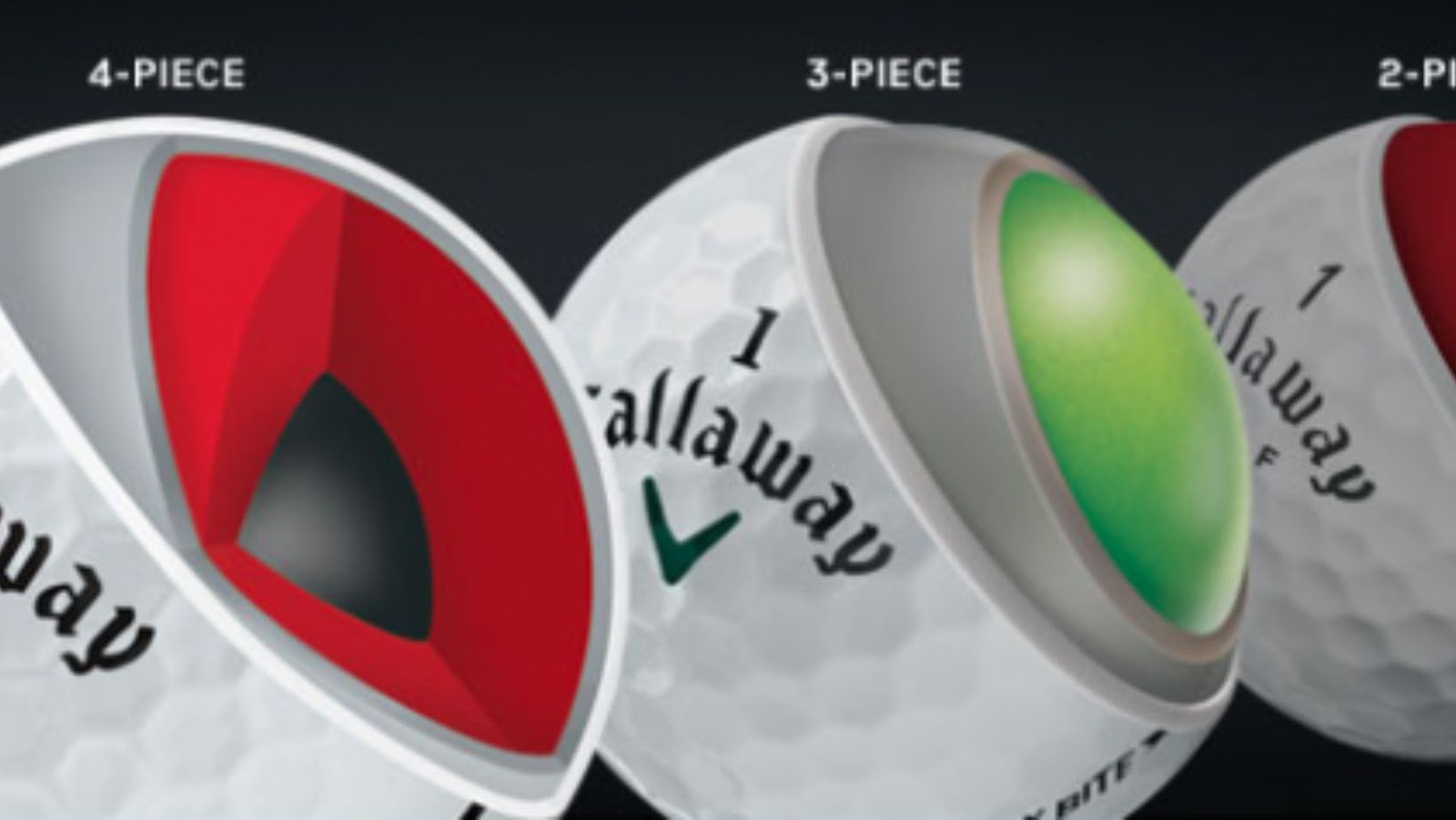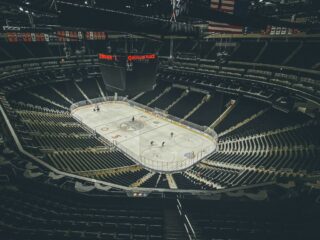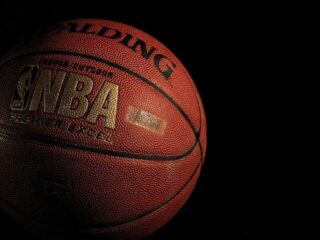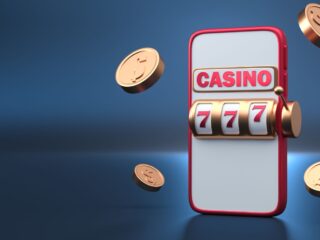
A golf ball is a small, hard ball that is hit with a golf club to play golf. Golf balls are usually made of white rubber, but some golf balls are made of other materials such as plastic or a composite of rubber, plastic, and metal.
Golfers use golf balls to hit a series of small targets (holes) in as few strokes as possible. The golf ball is hit from a tee on the ground, and it must travel a certain distance (usually around 250 yards) to reach the target.
Best honma golf balls
There are a variety of different types of golf balls, but some of the most popular brands include Titleist, Nike, Bridgestone, and Callaway. Many golfers believe that each type of golf ball performs differently depending on the weather conditions and the course layout. For this reason, many golfers carry multiple types of golf balls. There are many different types of golf balls available on the market, and each type has its own unique set of features. Here are some of the most common types of golf balls:
– Driver golf balls: These are designed for use with a driver golf club, and they are the longest and most forgiving type of golf ball.
– Fairway golf balls: These balls are designed for use on the fairways (the grassy areas between the tee and the green), and they are usually more accurate and harder than driver golf balls.
– Approach golf balls: These balls are designed for use near the green, and they are usually more accurate and have less spin than other types of golf balls.
– Putter golf balls: These balls are designed for use on the putting green, and they are usually the softest and most spin-sensitive type of golf ball.
The Different Types of Golf Balls
Each type of golf ball has its own unique set of features, and it is important to choose the right ball for the right situation. For example, a driver golf ball might not be the best choice for a putting green, and a putter golf ball might not be the best choice for a long drive. It is important to experiment with different types of golf balls to find the ones that work best for you.
How to Choose the Right Golf Ball for You
There are a variety of different golf balls on the market, and it can be difficult to decide which one is best for you. Here are a few tips to help you choose the right golf ball:
– Choose the right ball for your club: Not all golf balls are created equal, and each type of ball performs differently depending on the club that you are using. For example, a putter golf ball might not be the best choice for a driver club.
– Choose the right ball for the weather: Weather conditions can have a big impact on how a golf ball performs. For example, a golf ball will perform differently in windy conditions than it will in calm conditions.
– Choose the right ball for the course: Every golf course is different, and each one has its own set of challenges. It is important to choose a golf ball that will be effective on the course that you are playing.
– Try out different balls: Not all golfers have the same preferences, and some golfers might prefer a certain type of ball while others prefer a different type. It is important to try out different types of golf balls to find the ones that work best for you.
Golf Ball Maintenance
Just like any other piece of equipment, golf balls require some maintenance in order to perform their best. Here are a few tips for keeping your golf balls in good condition:
– Keep them clean: Golf balls can get dirty over time, and this can affect their performance. It is important to keep them clean by washing them with soap and water occasionally.
– Store them in a cool, dry place: Golf balls can become damaged if they are stored in hot or humid conditions. It is important to store them in a cool, dry place when you are not using them.
– Avoid hitting them too hard: Golf balls can become damaged if you hit them too hard. It is important to use caution when hitting golf balls, and to avoid using too much force.
– Keep them away from sharp objects: Golf balls can become damaged if they are hit with a sharp object. It is important to keep them away from sharp objects when you are not using them.






